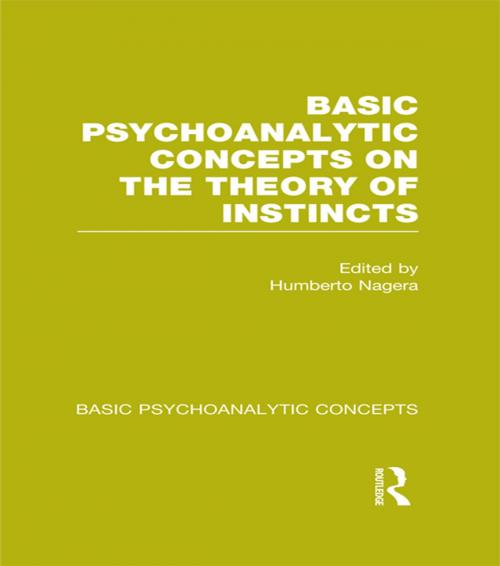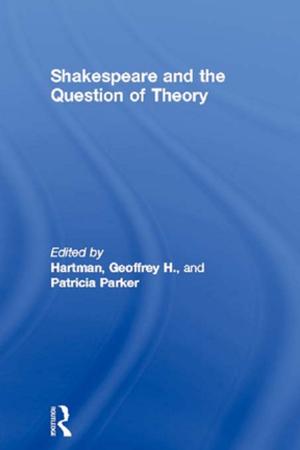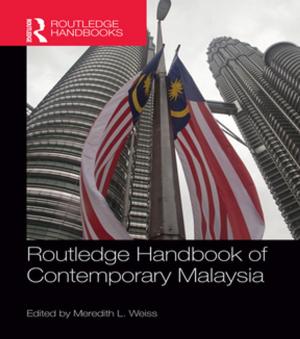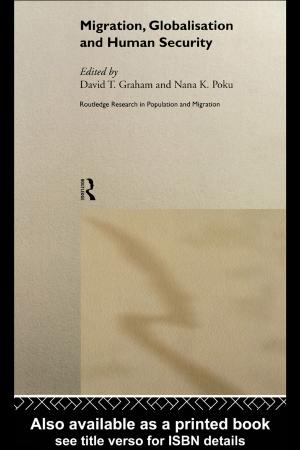Basic Psychoanalytic Concepts on the Theory of Instincts
Nonfiction, Health & Well Being, Psychology, Psychoanalysis, Mental Health| Author: | ISBN: | 9781317670445 | |
| Publisher: | Taylor and Francis | Publication: | May 30, 2014 |
| Imprint: | Routledge | Language: | English |
| Author: | |
| ISBN: | 9781317670445 |
| Publisher: | Taylor and Francis |
| Publication: | May 30, 2014 |
| Imprint: | Routledge |
| Language: | English |
Originally published in 1970, this volume describes in condensed but detailed form Freud’s development of the theory of instincts. As is well known, Freud reformulated and amplified his theory of instincts at several points during his lifetime. Such periodical amplifications and reformulations were made necessary by a number of factors, for as Freud gained experience he not only developed fresh insights but also was faced with the problem of explaining an increasing amount of clinical phenomena that offered itself for examination under the psychoanalytic microscope.
There can be no doubt that Freud considered his theory of instincts as one of the corner stones of psychoanalysis and yet at the same time he recognised that it was an area where many of his formulations were necessarily of a tentative character and open to discussion and modification.
In this volume the reader will be able to follow the development of Freud’s thought from his initial discovery of the duality of ‘sexual’ and ‘ego’ instincts and his recognition of the fundamental importance of the aggressive forces in human nature and behaviour, to the formulation of his theories regarding life and death.
Originally published in 1970, this volume describes in condensed but detailed form Freud’s development of the theory of instincts. As is well known, Freud reformulated and amplified his theory of instincts at several points during his lifetime. Such periodical amplifications and reformulations were made necessary by a number of factors, for as Freud gained experience he not only developed fresh insights but also was faced with the problem of explaining an increasing amount of clinical phenomena that offered itself for examination under the psychoanalytic microscope.
There can be no doubt that Freud considered his theory of instincts as one of the corner stones of psychoanalysis and yet at the same time he recognised that it was an area where many of his formulations were necessarily of a tentative character and open to discussion and modification.
In this volume the reader will be able to follow the development of Freud’s thought from his initial discovery of the duality of ‘sexual’ and ‘ego’ instincts and his recognition of the fundamental importance of the aggressive forces in human nature and behaviour, to the formulation of his theories regarding life and death.















